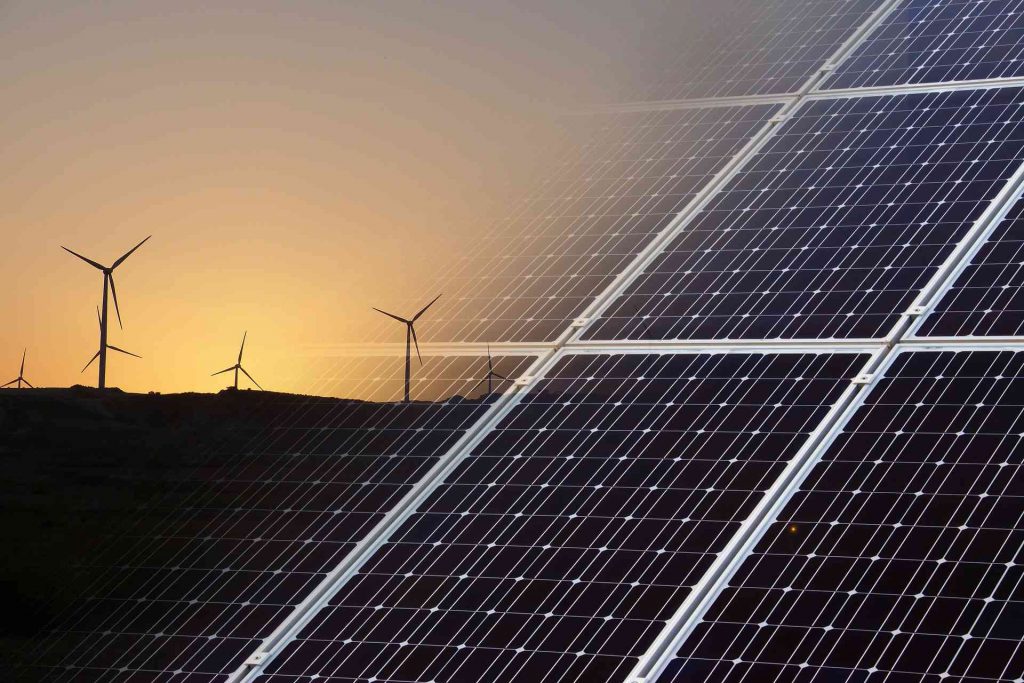
The oil and gas industry was dealt three heavy blows in recent days – from the courts, government agencies and investors. In each instance, the message is clear: To survive in the age of global warming, further fossil-fuel exploration should end now, with money used instead for renewable energy development. Together, these recent actions may mark a historic turning point as this beleaguered industry struggles to find a path forward in a world that is ever more sensitized to the long-term negative environmental impact of fossil fuel emissions.
Warning Shots
- Board changes at ExxonMobil: Fed up with decades of foot-dragging on global warming and years of stagnant stock prices, shareholders elected at three new members to Exxon’s board of directors to deliver the message that the company needs to change course now. What’s remarkable is that the dissident group which brought this boardroom challenge owns only 0.02% of Exxon’s shares. But it was able to garner support from some of Exxon’s largest institutional shareholders – including the nation’s three largest investment firms and three biggest state pension funds. These powerful investors also backed a winning shareholder proposal at Chevron, calling on it to set targets to cut emissions from end-use of its fuels – and not just from its operations.
- Court ruling at Shell: Different forces were at work at Royal Dutch Shell last week, but the message was the same. A Dutch court ruled that Shell needs to move faster to cut not only own its global warming emissions, but also those of its customers. What’s notable here is that Shell is considered an industry leader in tackling climate change. But the Dutch court ordered Shell to raise its target for cutting emissions to 45% below 2019 levels by 2030 – raising the bar for other oil majors to follow.
- IEA report on halting fossil fuel investments: Finally, in a new energy outlook, the International Energy Agency found no room for additional fossil fuel investments if the world is to achieve net-zero carbon emissions by 2050. That means halting new investments in oil & gas fields and coal mines in 2021, and banning sales of gas-powered vehicles by 2035. What’s remarkable here is that the IEA has long been held as a guardian of fossil fuel interests and slow to grapple with the global warming challenge. Those days are gone! The IEA now concludes that a 2050 net-zero economy must be dominated by renewable energy – with wind and solar commanding a $5-trillion investment by 2030 in order to supply 70% of the world’s electrical needs by 2040. In launching the report, IEA executive director Faith Birol minced no words:
“The scale and speed of the efforts demanded by this critical and formidable goal… make this perhaps the greatest challenge humankind has ever faced.”
The bottom line: Investors, courts and energy experts now all agree that the benefits of a net-zero energy system far outweigh the costs, but the time left to seize these benefits is short, and ambitious action is needed without delay. So, what are you waiting for?! Now is the time to electrify your vehicles and home energy system with affordable and reliable solar power from our backyard Trackers. Reach out for more ideas on how to make your home a force for good in the fight against global warming. Together, the power is in our hands to make a difference!




